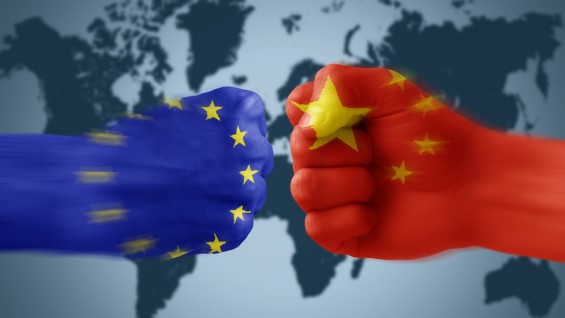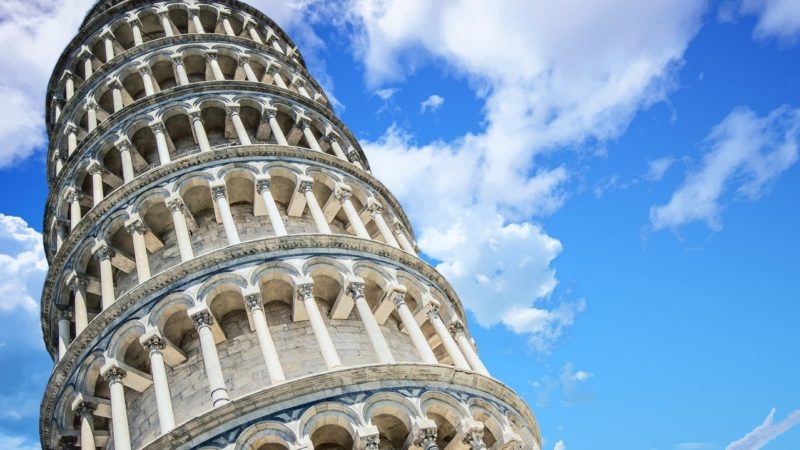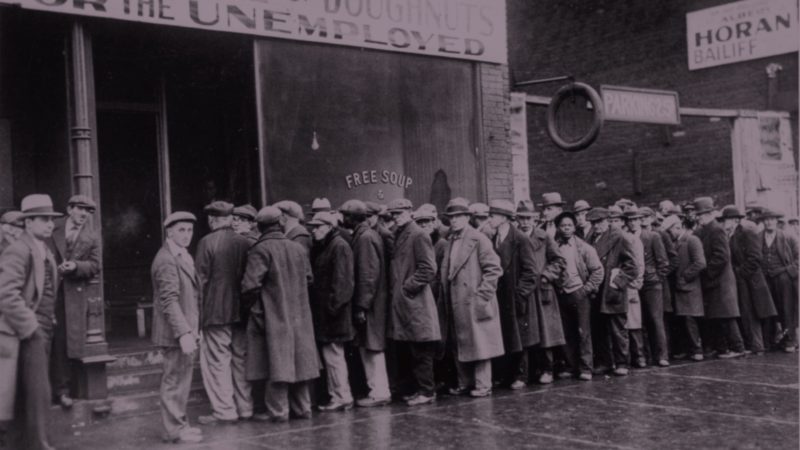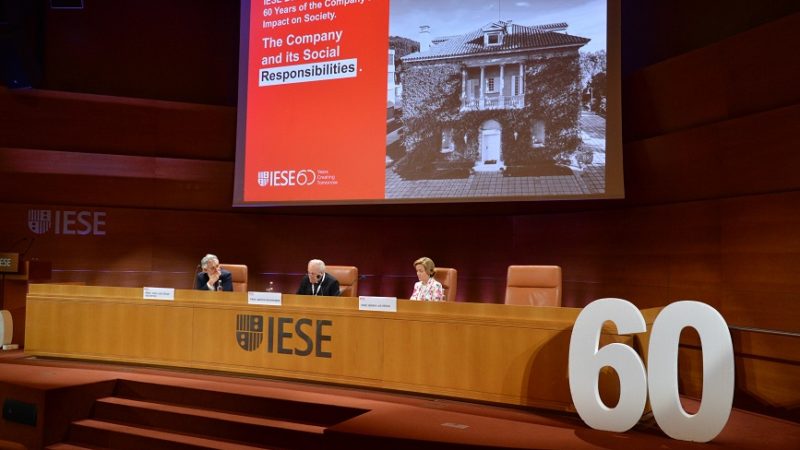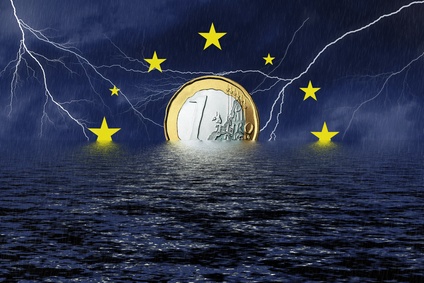The Primacy of Politics and the “Other” Socialism
The “primacy of politics” over the logic of the economy is repeatedly and categorically demanded. Insofar as such efforts undermine the private property-based power of disposition over the means of production, it is the first step in the direction of the “other socialism.”



